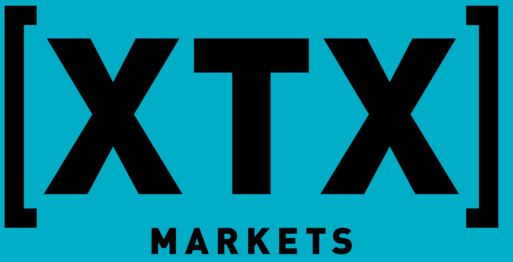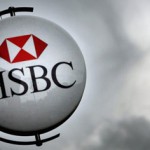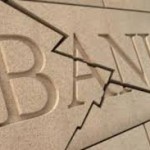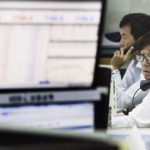A computerized trading firm beat Banks in the rankings of the world’s biggest spot currency traders

-
XTX is the first electronic specialist to break into top five
-
Deutsche Bank was the biggest currency trader until 2014
Computerized trading firm XTX Markets Ltd. has come from nowhere to dethrone major banks including Deutsche Bank AG in the rankings of the world’s biggest spot currency traders.
The London-based proprietary trader is now the fourth biggest, accounting for 7.6 percent of spot foreign exchange — a subset of the overall currency market. It’s the first time an electronic specialist has displaced a bank in Euromoney Institutional Investor Plc’s annual survey.
Deutsche Bank has a 7.1 percent share of spot trading, according to Euromoney’s 2016 poll. The German bank was second only to Citigroup Inc. in 2015. XTX was the ninth biggest firm for overall foreign-exchange trading, which also includes swaps and options.
Its name is a reference to a mathematical expression, and the firm was spun off from quantitative hedge fund GSA Capital last year.
XTX’s sudden arrival in foreign exchange is part of an evolution that has already made itself felt in the stock market, where banks are surrendering market making to companies that specialize in electronic trading. XTX says it relies on quantitative research, machine learning and correlations between assets to generate prices.
“Electronic market making is entering other asset classes, whether it’s fixed income or others,” said Steve Grob, global director of group strategy at Fidessa Group Plc. “The foreign-exchange market is worth trillions and trillions — it would seem an obvious direction of travel.”

Deutsche Bank was the biggest overall currency trader for nine years, a title it ceded to Citigroup in 2014. The German bank is now fourth overall, while it is top ranked in options and No. 2 in swaps.
XTX Co-Chief Executive Officer Zar Amrolia helped build Deutsche’s fixed-income and currencies business. Alex Gerko, a former currencies quant trader at GSA Capital, is the other co-CEO.
“The overall result reflects a well-flagged shift in the bank strategy that has seen us focus on delivering a better quality of service to a smaller number of clients,” Fabio Madar, global head of foreign-exchange sales in London at Deutsche Bank, said via a spokesman. “We remain committed to maintaining our world-class global foreign-exchange business and we’re making significant investments to further strengthen our electronic and derivatives offering.”
Amrolia says XTX isn’t necessarily in competition with the dealers, which have traditionally formed the backbone of currency trading. XTX partners with large banks, allowing them to give their clients access to prices generated by XTX, he said.
“Competition is good and innovation is good,” he said. “What’s even better is partnership.”
XTX also makes markets in commodities, stocks and derivatives. Wall Street firms have retreated from such roles as regulations restrict that part of their business, making it more costly to operate. Citigroup is the biggest overall currency trader this year, counting both spot and derivatives markets. XTX has a 3.9 percent share of overall foreign-exchange trading.
The shift comes as the currency market has been embroiled by controversies, from benchmark fixing to attempts to cancel trades after a massive surge in the Swiss franc in 2015.
“Liquidity is diminishing from the bank side,” said Gerko, who predicted that other electronic trading firms will join the ranks of the biggest foreign-exchange traders in the coming years. Virtu Financial Inc. is also a major currency trader, though its profits from foreign exchange have come under pressure from growing competition.
“In general, banks aren’t in the investment phase or the growth phase,” Amrolia said.
Source: Bloomberg





























